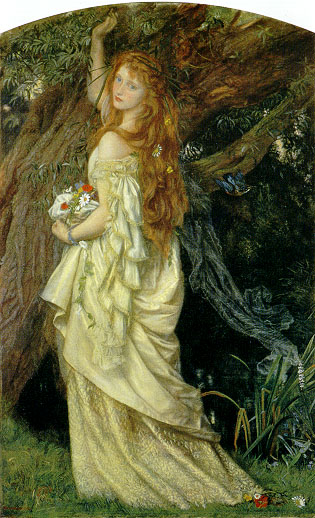 |
|
|
|
HARK, HARK, THE LARK AT HEAVEN'S GATE SINGS TO-MORROW, AND TO-MORROW, AND TO-MORROW |
|
Shall I compare thee to a
summer's day?
|
|
When, in disgrace with fortune
and men's eyes,
|
|
When to the sessions of sweet
silent thought
|
|
No longer mourn for me when
I am dead
|
|
That time of year thou mayst
in me behold
|
|
Let me not to the marriage
of true minds
|
|
The expense of spirit in a
waste of shame
|
|
My mistress' eyes are nothing
like the sun;
|
|
Since brass, nor stone, nor
earth, nor boundless sea
|
|
AT HEAVEN'S GATE SINGS (excerpt from "Cymbeline") Hark! hark! the lark at heaven's
gate sings,
|
|
( from Macbeth V,v ) To-morrow, and to-morrow,
and to-morrow,
|
 |
 |
|
Background design by SilverBerch, copyright © 2000 |